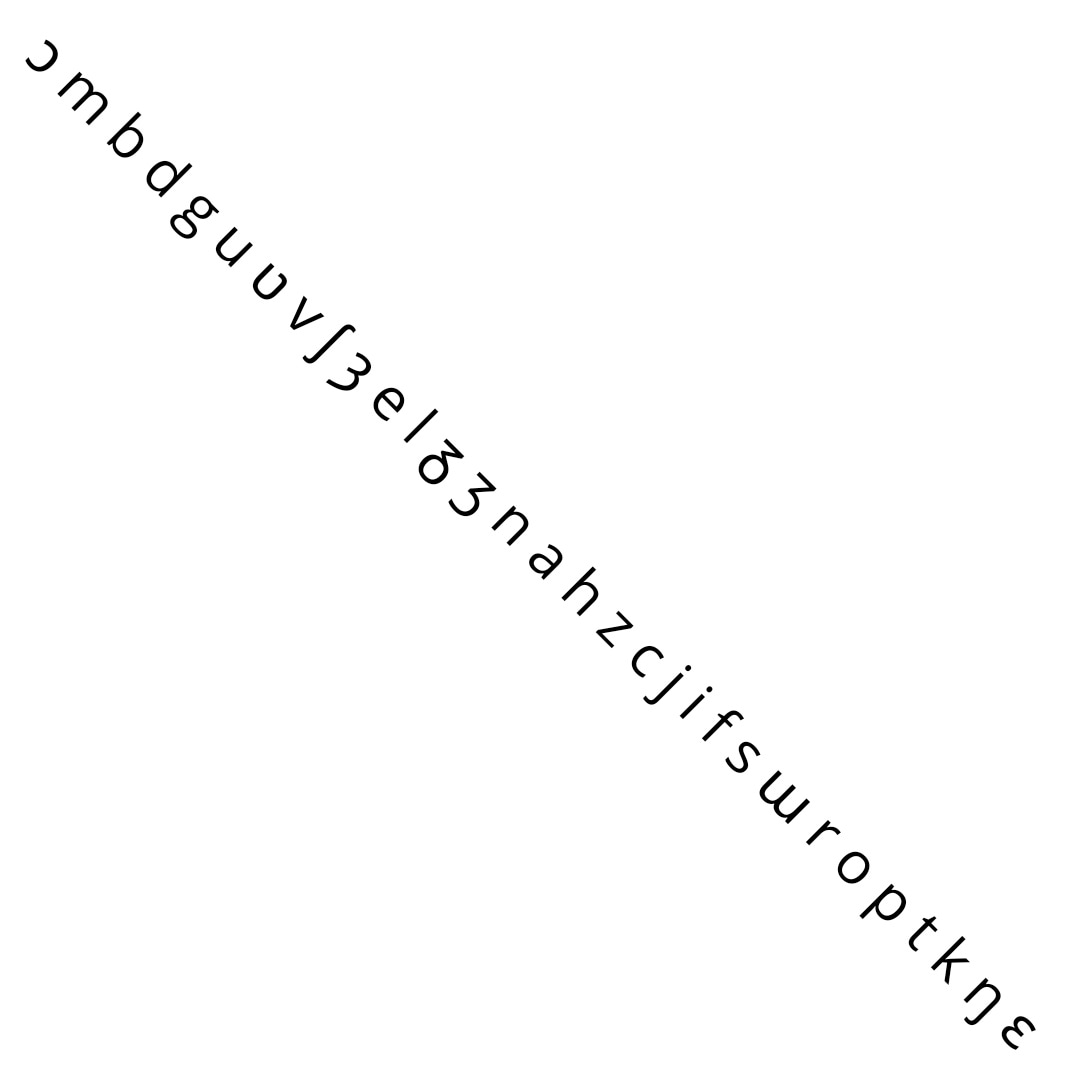
We have reached this definition connecting the dots of apparently unrelated impressions and ideas about peaches:
👇👇👇
#conlang #conlanging #fruit #food #peach #symbology #symbolism #culture #conculture #human #china #egypt
👇👇👇
#conlang #conlanging #fruit #food #peach #symbology #symbolism #culture #conculture #human #china #egypt

@ashkiriel and @karmanphilchick Fragility and softness: tender things clearly show their incorruptness, because any corruption would be easily perceived
@learnsomepopo2022 Sunlight: it is pure and it represents truth
@learnsomepopo2022 Sunlight: it is pure and it represents truth
@atlantic.language Disappointment: incorrupted things may be disappointingly dull, compared to adulterated ones
@karmanphilchick Refreshment: experiencing incorruptness is like fresh air to the spirit
@karmanphilchick Refreshment: experiencing incorruptness is like fresh air to the spirit
🇨🇳 Immortality and prosperity: they are both opposites of corruption (of the body the former, of wealth the latter)
🇪🇬 Childhood and silence: bad cultures adulterate people, making their lives overcomplicated; only young children in these nations are unaffected by this process of alienation
• • •
Missing some Tweet in this thread? You can try to
force a refresh





